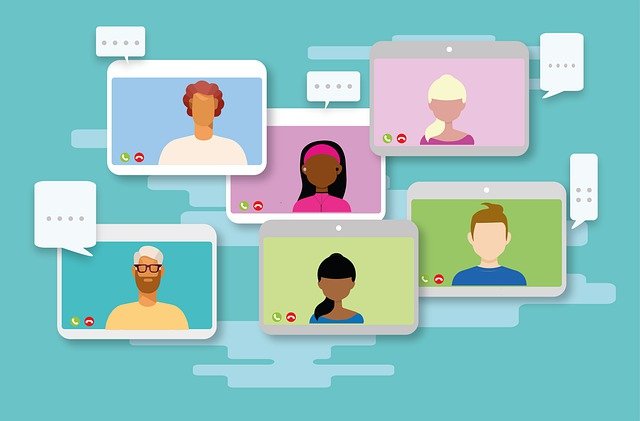Sign up for our daily edtech news briefing today, free.
This past year and the circumstances surrounding the COVID-19 pandemic have accelerated teacher and school implementation of technology. Schools broadly adopted a comprehensive digital classroom framework. Resources were utilized, through fully virtual digital instruction or hybrid environments, for most learners.
An added element of developing these digital resources included adapting many in-person programs to virtual and hybrid formats. As the height of remote learning during the pandemic seems to dip, many of these seemingly short-term fixes may be here to stay.
I’m a middle-school principal and am proud of how my school, and those across the country, stepped up to the forced change due to the pandemic. Some examples that occurred in my own school illustrate just how resourceful and innovative these programs became, offering additional accessibility and helped to close equity gaps.
Here are several programs we brought online in the past year and ways to consider these for your own school or district:
Edcamp
Participant-driven professional development is at the heart of the in-person Edcamp experience for educators but these events were not possible during pandemic restrictions. In a previous Smartbrief blog post, I shared our experience bringing Edcamp online, by providing a highly engaging and interactive experience through video. This allowed my faculty to connect from the comfort and safety of their sheltered environment, allowing all participants to be involved.
Middles to Littles
In Middles to Littles, middle school students read to preschoolers. The program is designed to be a motivator for our students who have had some challenges with discipline and behavior. It has become a powerful way for these students to experience what psychologists call a “helper’s high.”
When our school went virtual, we migrated the program to Zoom. The preschoolers still get to meet a “big kid,” hear them read a story from an e-book on shared screens and so the program continued to thrive. Other schools can benefit from this program and no travel or in-person contact is necessary.
Mentoring
Evidence about the value of mentoring abounds, especially for children who face the biggest obstacles; and mentoring is a critical component of many students’ success. We have a large mentoring program at my school, with over 50% of my faculty involved. They meet their mentee weekly, for lunch. I grew concerned about the gap widening for those most in need of mentoring when the physical option of being in school was lost. Yet, like other programs listed, we concluded that students could still connect with mentors, albeit online through video chat. We continued with our mentoring program, allowing students and their mentors to engage conveniently through devices. Sometimes, this “check in” is all a struggling child needs to continue to persevere.
Book study
Book studies are terrific ways to engage professionals and in my school, we break new ground by including parents as community members to join our book studies. This is in the pursuit of best practices among both faculty and families. Bringing these together online may make the accessibility for community members even more attainable, which subsequently offers to break down school and community barriers. Shared book studies infuse a greater school-community bond. We were able to accomplish this, by engaging in both a full book club and break out rooms, bringing our community together at a time when we were potentially most disconnected.
PBSIS rewards program
A positive behavior support program is invaluable to school culture and was missing virtually. An online PBSIS program at our school now exists — students are awarded tickets for modeling appropriate behaviors, both academic and behavioral. Students become motivated as they are celebrated for earning e-tickets to enter a prize lottery. We use an online rewards ticket submission program, and use a random wheel lottery to announce prize winners online each week. Students are excited as they get to watch the wheel to see if they won and winners select virtual or tangible prizes.
Incentivizing students and staff to persevere through the challenges of this past year is more important than ever. Programs like these help them to be linked to the school community, engaged in school spirit and can be useful in our new normal.
Dr. Michael Gaskell is principal at Hammarskjold Middle School in East Brunswick and author of Microstrategy Magic. Follow him on Twitter @GaskellMGaskell.
Have a TechTip you want to submit to SmartBrief? On Tuesdays, SmartBrief Originals publishes fresh pieces, written by educators, that address issues in the edtech space. Pieces should be between 450 and 600 words and include an author bio and headshot. You can send pitches and submissions to editor Katie Parsons at [email protected].
___________________________________________________________
Like this article? Sign up for our Edtech news briefing to get news like this in your inbox, or check out all of SmartBrief’s education newsletters, covering career and technical education, educational leadership, math education and more.
More from SmartBrief Education:
- Free resources for educators during the coronavirus pandemic
- Distance learning while respecting students’ home lives
- 8 ways to make vocabulary instruction more effective
